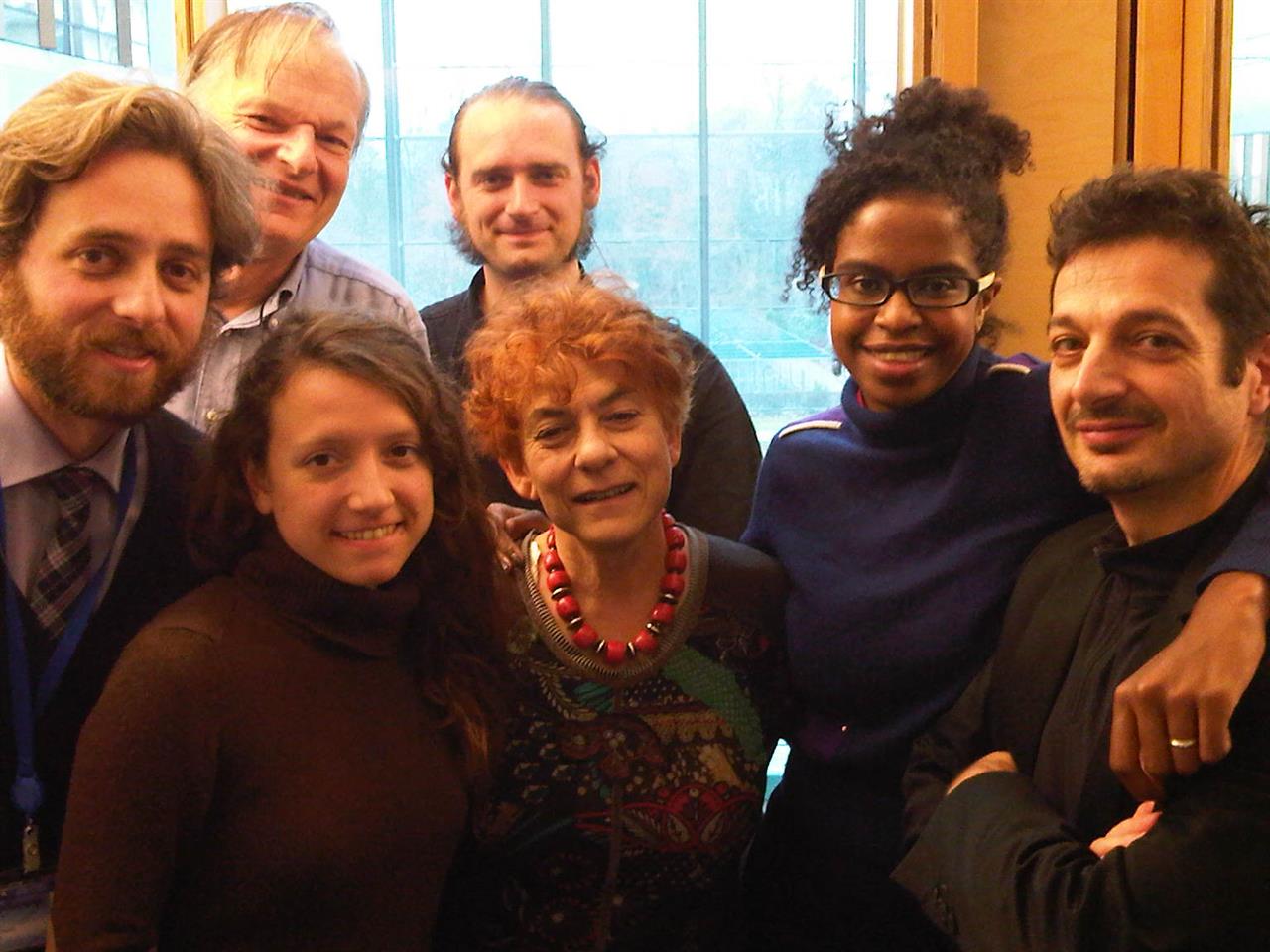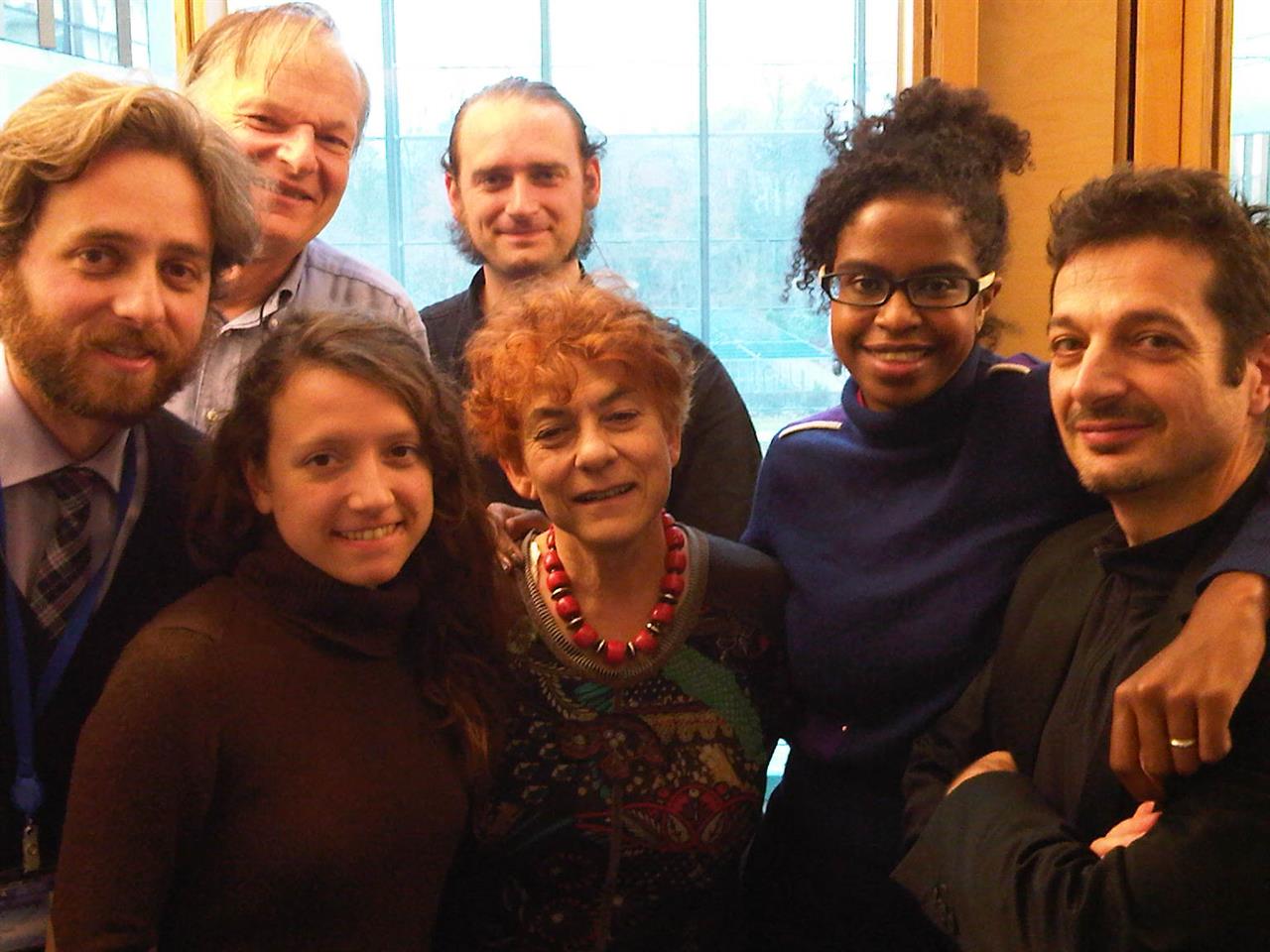
You don’t expect me to ask a question that plays with the most familiar tune of the social sector. I’m well known for my sweeping comments on the Francophone Economie social et solidaire and very British voluntary and community sector: too often inadequate to deal with the challenges of our contemporary fast-transforming, intertwined and hyper-technological globalizing society. But my last trip to Strasbourg forced me to pause and review my position.
The inspiration came at a seminar on social innovation and common goods organized by the Council of Europe in Strasbourg.
If you are not familiar with the economic theory of commons goods I recommend a review of Nobel Prize Laureate Elinor Ostrom’s bibliography. I’m not an economist then I won’t pretend to explain the theory of the commons. I can only say that I was intrigued as the invitation came as an opportunity for a brainstorming on an alternative social innovation research project – an alternative stands for non Young Foundation approach.
Since I’m a natural father figure born killer I couldn’t decline. Moreover, I can see intuitively there is fertile ground in a hypothesis looking beyond the current pensé unique (market fundamentalism).The guys in charge finally recognized there might be valid solutions in a social economic approach but still don’t question the authority of the market. They assume that these solutions must be compatible with market rules to become mainstream and tackle large-scale problems.
The theory of commons does challenge such assumption as it postulates an economy of participation and an anthropological paradigm based on the social nature of our species (we need each other) rather than bare economic rationality.
It’s actually not fair to associate Geoff Mulgan, former CEO of YF and Guru of social innovation to market-foundamentalists as Ashoka and Schwab Foundation. Without mentioning his Labour credentials Geoff is most likely a communitarian – his friend Charles Leadbater used the Levelers as historical metaphor to describe the community of social innovators.
Geoff’s vision doesn’t have much to do with WEF crowd but can be seen as elitist as well. The Levelers were elitist in their way and never became main stream. Social innovators are still a bunch of enlightened young people bearing the risk, opening the new path for society and yielding the glory.
This is at least the most popular version accredited in Brussels and the newly launched Social Business Initiative by Commissioner Barnier has reinforced the trend: social entrepreneurs will save the world – in Brussels framework translated in ‘They will tackle social problems without increasing the costs for government but, on the contrary, creating employment, boosting the economy and engaging citizens’. It’s the magic of the Silicon Valley applied to the sticky problems of society.
I don’t dissociate myself from this bunch at all but must admit I’m well aware that this vision doesn’t convince many knowledgeable reactionaries who have been working in society for decades. Perhaps they are not vocal – marketing is not in their repertoire – as the social entrepreneurs but we can’t ignore them anymore.
Then, is it worthwhile exploring other ways to foster social innovation – in particular the commons? The answer is yes for 2 reasons.
First of all because an approach starting with the commons has more chances to involve the whole community making the all cycle of innovation more sustainable: conception, funding, management and accountability. The individual social entrepreneur/innovator approach still show a fundamental flaw in the sustainability of the model when public funding dried out and philanthropists are not in the horizon.
Secondly, it might speak a language more familiar to the traditional social economy and charity sector (the social sector). We are talking about millions of people in every country who believe in pursuing public good as reconciled with the private one, and work to implement such a vision every day.
We can’t forget those people. We must take them with us. It’s a famous say if I go alone I go faster but if we go together we will go further.
Si può usare la Carta docente per abbonarsi a VITA?
Certo che sì! Basta emettere un buono sulla piattaforma del ministero del valore dell’abbonamento che si intende acquistare (1 anno carta + digital a 80€ o 1 anno digital a 60€) e inviarci il codice del buono a abbonamenti@vita.it

